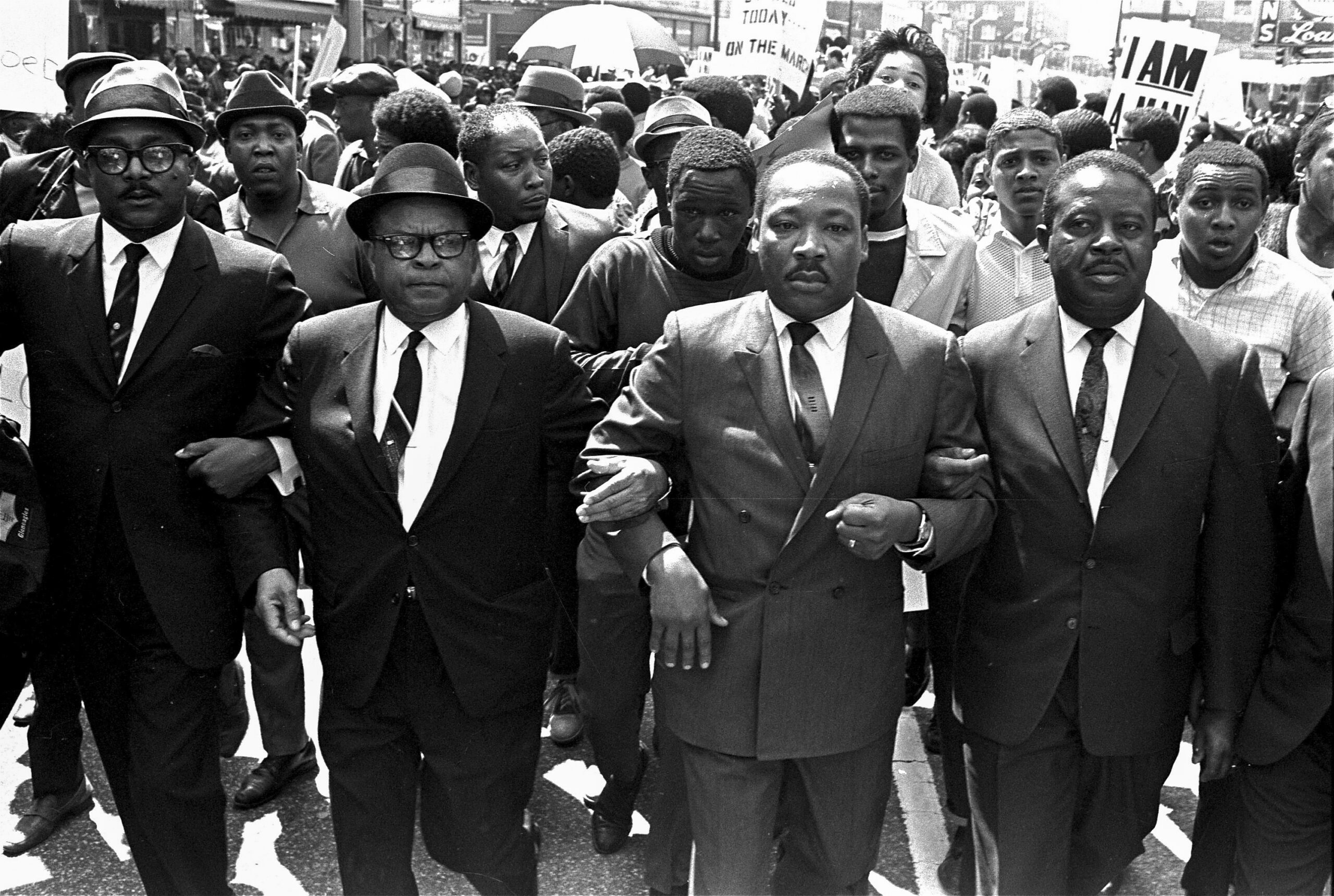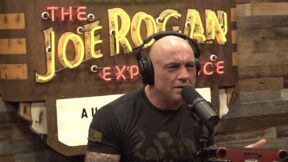MLK Jr.’s Infamous Criticism of Malcolm X in Playboy Interview Was a Fabrication, Author Claims in Explosive Report

AP Photo/Jack Thornell
Jonathan Eig, a well-known journalist and biographer, accused author Alex Haley of making up quotes in a January 1965 Playboy interview attributed to Martin Luther King Jr., in which King rips into Malcolm X.
Eig spoke to The Washington Post about his discovery in an article published Monday, “I think its historic reverberations are huge. We’ve been teaching people for decades, for generations, that King had this harsh criticism of Malcolm X, and it’s just not true.”
Haley wrote in 1965 that King blasted his fellow civil rights champion, saying, “I feel that Malcolm has done himself and our people a great disservice. Fiery, demagogic oratory in the black ghettos, urging Negroes to arm themselves…”
The Post’s Gillian Brockell, who spoke with Eig, offered some further background on what she calls Eig’s “alarming discovery”:
Haley’s legacy has been tarnished by accusations of plagiarism and historical inaccuracy in his most famous book, “Roots,” but this latest finding could open up more of his work to criticism, especially “The Autobiography of Malcolm X: As Told to Alex Haley” — released nine months after Malcolm X’s assassination in 1965.
Eig made the discovery while researching his 2023 biography on King and Brockwell explains he how came to the conclusion that Haley made up the inflammatory quotes. Brockwell notes that Eig was digging through the archives at Duke, looking for supporting material from Haley’s lengthy interview with King – the longest published interview he did – when he found a transcript.
“He did not find a recording of Haley’s interview with King in the Haley archives at Duke, but he did find what appears to be an unedited transcript of the full interview, likely typed by a secretary straight from a recording, Eig said. Eig provided The Post with a copy of the transcript,” Brockwell explains, adding:
On page 60 of the 84-page document, Haley asks, “Dr. King, would you care to comment upon the articulate former Black Muslim, Malcolm X?”
King responds: “I have met Malcolm X, but circumstances didn’t enable me to talk with him for more than a minute. I totally disagree with many of his political and philosophical views, as I understand them. He is very articulate, as you say. I don’t want to seem to sound as if I feel so self-righteous, or absolutist, that I think I have the only truth, the only way. Maybe he does have some of the answer. But I know that I have so often felt that I wished that he would talk less of violence, because I don’t think that violence can solve our problem. And in his litany of expressing the despair of the Negro, without offering a positive, creative approach, I think that he falls into a rut sometimes.”
That is not how King’s response appeared in the published interview. While the top part is nearly identical with the transcript, it ended in Playboy like this: “And in his litany of articulating the despair of the Negro without offering any positive, creative alternative, I feel that Malcolm has done himself and our people a great disservice. Fiery, demagogic oratory in the black ghettos, urging Negroes to arm themselves and prepare to engage in violence, as he has done, can reap nothing but grief.”
Eig told the Post that Haley’s additions to King’s quotes amount to “journalistic malpractice.”
“We should remember that King was always more radical than we like to imagine or talk about,” Eig added, concluding:
He was a Christian radical, and his radicalism came from a different place than Malcolm’s did, but they always had a lot in common. They always believed that you had to take radical steps to change America, to end racism, to create a country that lived up to the words of its promises.
New: The Mediaite One-Sheet "Newsletter of Newsletters"
Your daily summary and analysis of what the many, many media newsletters are saying and reporting. Subscribe now!






Comments
↓ Scroll down for comments ↓